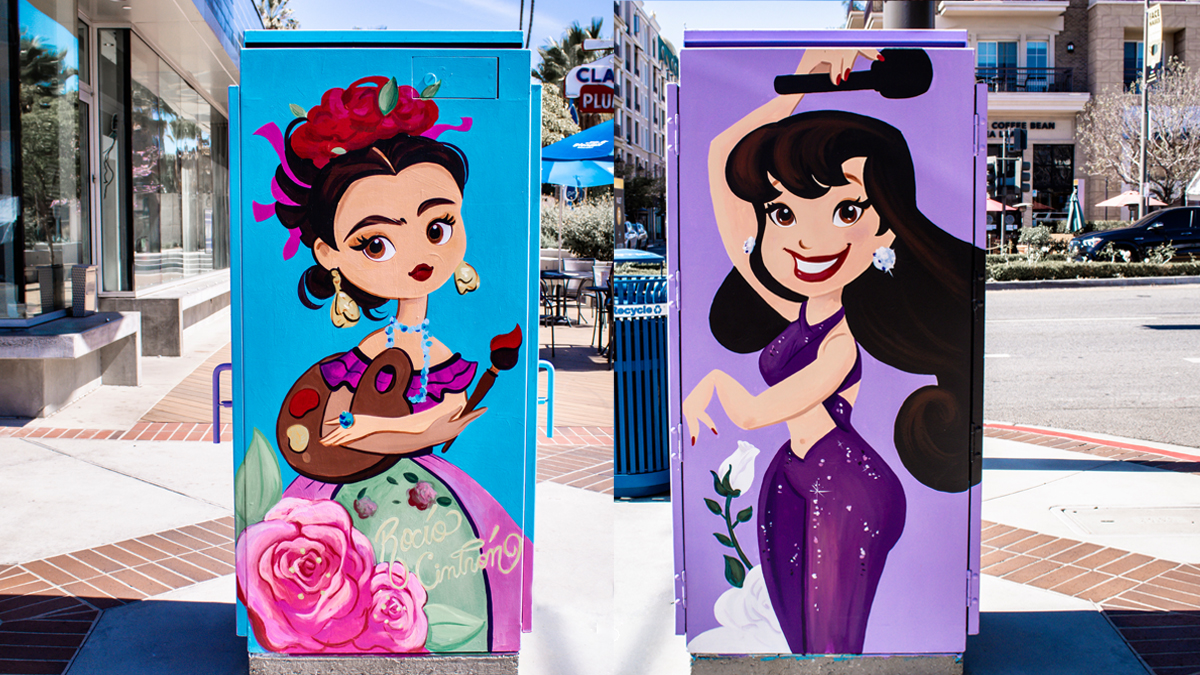
The producer of the 1997 film “Selena” will have to shore up his claims against Warner Bros. Entertainment Inc. in order for the studio to remain part of a lawsuit over the creation of “Selena: The Series,” a judge signaled in a tentative ruling issued Monday.
Los Angeles Superior Court Judge Maurice A. Leiter is scheduled to hear arguments Tuesday before issuing a final decision in Warner Bros.' motion to be dismissed from the lawsuit brought last Nov. 6 by plaintiff Moctesuma Esparza. His tentative ruling would give Esparza 30 days to file an amended complaint.
“Selena: The Series” is a Netflix production depicting the early years of the singer's life. The suit alleges that Selena's father, Abraham Quintanilla, gave Esparza the rights to the life story of the late Tejano superstar in 1995. The defendants include Netflix, Warner Bros., Albert Quintanilla and his other daughter, Suzette Quintanilla.
Get top local stories in Southern California delivered to you every morning. Sign up for NBC LA's News Headlines newsletter.
According to the complaint, the plaintiff and the Quintanillas entered into an agreement in 1995 to transfer the life rights of Selena to a joint venture. Two years later, the Quintanillas and Warner Bros. signed contracts to make the “Selena” movie, according to the suit.
Esparza alleges the parties agreed the joint venture would continue until the expiration of the copyright of the film or by mutual agreement of the parties. Over several years, Esparza began working on a television series about Selena's youth, and he alleges that in 2018, the Quintanillas wrongfully licensed the life rights of Selena to Netflix to create a series about her youth without his involvement.
Warner Bros. attorneys filed a motion to dismiss the claims in the lawsuit that pertain to the studio: breach of contract, breach of the covenant of good faith and fair dealing, unjust enrichment, tortious interference with contractual relations, tortious interference with prospective economic advantage, accounting, monies had and received, and declaratory relief.
In his tentative ruling, the judge said all of those causes of action needed more facts and more clarity, citing the unjust enrichment cause of action as an example.
“Without more, (Esparza) has not alleged that Warner did anything wrong and that Warner's retention of its compensation was unjust,” the judge wrote.
Selena was shot to death on March 31, 1995, at age 23 in Corpus Christi, Texas, by Yolanda Saldivar, the president of her fan club. The singer had been scheduled to perform at the Los Angeles Sports Arena the following day.
Saldivar was convicted of first-degree murder and sentenced to life in prison with the possibility of parole in 30 years. Now 60, she will be eligible for parole in 2025.



